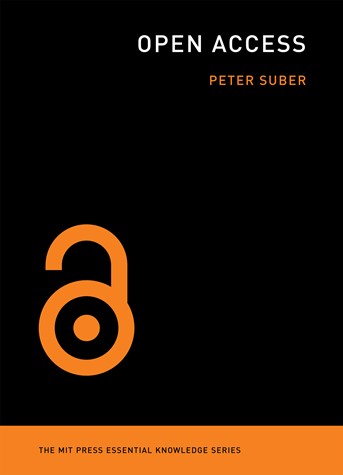On August 1 the Library Faculty Association at Virginia Tech adopted an article archiving mandate. Ballot choices also included a voluntary policy and no policy. The mandatory policy received 14 votes, the voluntary policy 10 votes, and no policy 3 votes.
The policy language originally followed the Harvard model, but the opt-out conditions were changed as a result of discussion. Some objected to sending opt-out waiver requests to the Dean’s office (or Dean’s designate), so someone suggested that faculty control access during the deposit process. Access choices are immediate open access (the default), delayed open access, or restricted (with metadata and a request button displayed). This aspect of the policy is similar to the immediate deposit/optional access policy advocated by Stevan Harnad (though deposit is not required immediately but by the time of publication). So the policy is a hybrid.
On a personal note, this was a long and frustrating process. The discussion lasted a year and a half (though that time spans most of two summers, when we did not meet). It’s hard to feel too celebratory when the debate is divisive and 13 faculty members are not on board. I never thought it would be so difficult to convince librarians that access to information is important, or that support for open access needs to be embodied, not just talked about. I’ve posted my 5-minute pitch preceding the vote.
The policy will be posted soon. Thanks to all of my colleagues who voted in favor of the policy. And though the policy is not strictly the one he recommends, thanks to Peter Suber for feedback that improved the policy and its associated FAQ.

 Peter Suber’s essential book Open Access is now, well, open access, one year after publication. It’s available in a
Peter Suber’s essential book Open Access is now, well, open access, one year after publication. It’s available in a 